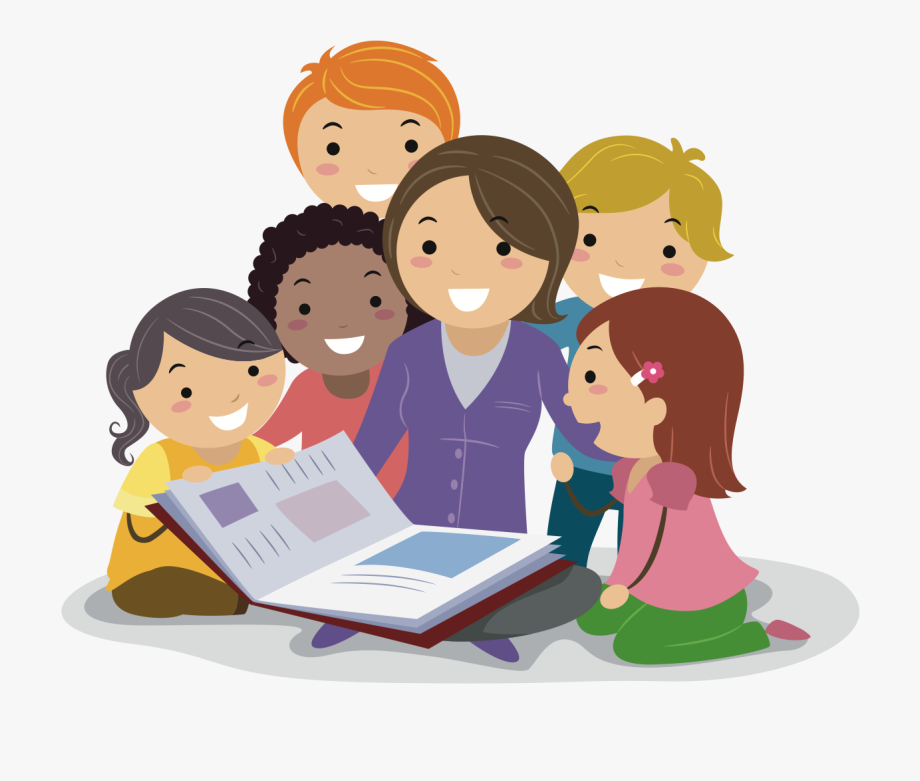Reading: Does it need to be taught?
The simple answer is yes. Unlike other learning children go through during their early stages of development, reading is something that needs to be taught. This is what makes teacher and caregiver involvement that much more important.
This essential skill begins with a combination of child's ability to identify letters and the sounds they make. Reading is more than just reading. Learning to read involves the following:
Narrative Skills
For development of this skill, you can allow the child to be a storyteller. Stories can be told together too. You can begin by allowing the child to narrate the story using the pictures. Look at things like sequence. Do they understand the order of the events they are telling? Can you act out a story?
Letter Knowledge:
Print Awareness:
Understanding the print (letters and words) hold a meaning. Look at things like what side of the page do you start reading? Indicating the direction is from left to right. Identify words are made up of letters, there are spaces between each word and punctuation at the end of a sentence.
Print Motivation
Vocabulary:
This plays an important role in learning to read. Beginning readers must use words that they hear orally to make sense of the words they see in print. The more words they know the better. You can make learning new vocabulary fun by making connections with words. This involves looking at things like animals on a farm, things you can find on a beach, a shopping list etc.
Here is a video to share more on some of these topics and more.
https://www.youtube.com/watch?v=Oao6yvBCgCY








Comments
Post a Comment